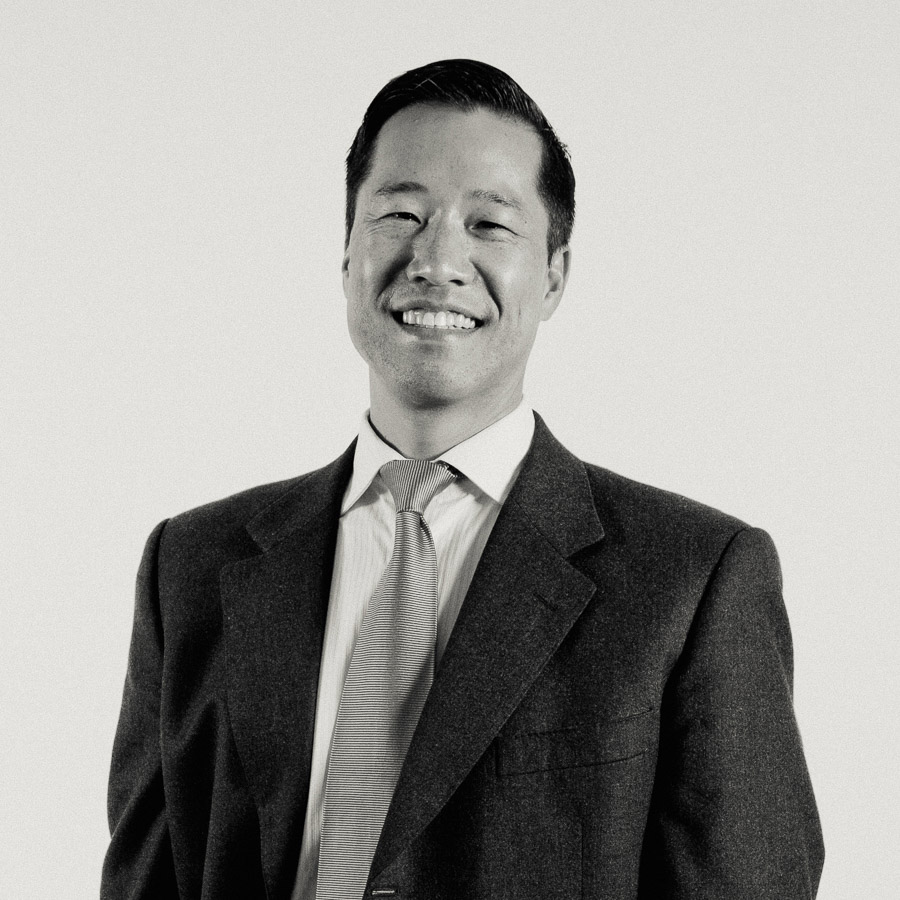Artificial Intelligence’s Potential to Create Human Opportunity
INSIGHT
Artificial Intelligence’s Potential to Create Human Opportunity
1st Quarter 2023
The rapid and widespread adoption of ChatGPT has brought artificial intelligence to the forefront of our collective consciousness. The fascination is understandable, as are the common follow-up questions: Where does AI go next? What are its implications for my life and my job, both in the near term and a decade from now?
As with anything, the more immediate implications are easier to contemplate. We expect the early AI applications to act as a co-pilot for knowledge workers. Anything that AI can read or ingest in terms of written content, data, voices, audio, and video will be trained to look for patterns that it can replicate and improve upon. Call center software provider Five9 estimates that 50 percent of all customer service calls are essentially the same ten questions. One can imagine that advanced conversational AI agents will be able to book tickets, make reservations, pay bills, and process refunds. In time, the customer will hardly be able to distinguish human from virtual agent.
We will continue to leverage our peer review process to seek companies with humble, adaptable management teams and strong cultures that can incorporate AI and other innovations into a differentiated business model.
This leads to the most common next question: Will AI eliminate my job? We would argue this is the wrong question. Will it eliminate certain types of jobs? Almost certainly. Will it make jobs scarce? Probably not. Doomsday predictions of the consequences of technology are hardly new, but to date have yet to play out. While certain types of work will be co-opted by AI, we also believe it will create massive new opportunities. At the beginning of 1900, 50 percent of the U.S. population was employed in farming. Today, it is less than five percent. Though the transition was more difficult for some, what we saw in America’s shift from agriculture to industrialization to a knowledge economy was the opening of opportunities for talent. In 1900 there were no software developers, bloggers, airline pilots, movie stars, rock musicians, massage therapists, or life coaches. We believe AI, as a co-pilot, will enhance the ability to deploy the creativity, strategy, and passion that are unique to humans.
An analogy can be made to early civilization when humans partnered with the ox to scale up farming. For tens of thousands of years, there was limited human progress. But when we partnered with the ox, humankind took a quantum leap forward and went from nomads to civilizations with massive structures like pyramids. It happened so fast that many have pondered extraterrestrial influence. Five thousand years later, we are about to take another quantum leap forward by partnering with AI—the ox of the 21st century.
Exponential growth is almost certain to occur in AI just as it has in every other technology. For the sake of argument, let’s suppose AI reaches 100 percent of its potential in 2033—ten years from today. We will also use Moore’s Law’s observation and project that AI’s capabilities double every 18 months. In that scenario, today we sit at only one percent of AI’s potential. Even more mind-boggling, by 2030 we will still be at only 25 percent of its full potential.
While Riverbridge does not invest thematically, our portfolio companies are already leveraging AI technologies. Nvidia’s GPUs provide the underlying computational power for massively parallelized processing. Both Microsoft and Amazon globally provide AI on demand through their cloud services. Companies like Netflix and Google have integrated AI into their core business models. Globant and Grid Dynamics provide software development services to enable their customers to add AI into their workflows.
We believe Riverbridge’s research and investment approach is well suited to capture the opportunities presented by the continued evolution of AI. We do not need to predict the precise trajectory of progress or place speculative bets on winners and losers; rather, we will continue to leverage our peer review process to seek companies with humble, adaptable management teams and strong cultures that can incorporate AI and other innovations into a differentiated business model. We believe our portfolio companies will use AI to improve productivity, reduce costs, and enhance the customer experience—all of which will drive sustainable earnings power.
Information in this newsletter is not intended to be used as investment advice. Mention of companies/stocks herein is for illustrative purposes only and should not be interpreted as investment advice or recommended securities. The securities identified do not represent all of the securities purchased, sold or recommended and the reader should not assume that any listed security was or will be profitable. Past performance is not indicative of future results.

David Choe
CFA, Portfolio Manager

David Choe
CFA, Portfolio Manager

